Iran’s blows to Israel have grown multiple times, says ex-IRGC chief
The former chief commander of the Islamic Revolution Guard Corps (IRGC) says Iran's undercover strikes on Israel have multiplied, but the country cannot reveal the details.
“The Zionist regime and its authorities know better what blows they have received from the Islamic Republic,” Major General Mohammad Ali Jafari told Tasnim news agency on Wednesday.
“Some of these blows are still continuing and they (the Zionists) are being hit,” he said, adding "These are the blows that the Islamic resistance has inflicted on them in the region and in different countries, and even inside the occupied territories".
Gen. Jafari was commenting on statements by Israeli officials about some recent incidents in Iran, for which they have tried to imply responsibility.
"When they commit terror, they openly declare it, like the cowardly assassination of Martyr Sayyad Khodaei, that took place while he was in his car in front of his house without a bodyguard,
"His assassination has no technical operational value for the Zionist regime. It is similar to the blind assassinations by the Hypocrites in the 80s," he said, referring to MKO terrorists who have a history of numerous attacks against Iranians.
Colonel Khodaei was assassinated in an eastern neighborhood in Tehran last month, with three bullets to his head and two in his hand.
Gen. Jafari said contrary to Israel, the Islamic Republic cannot disclose many of the blows it deals to the occupying regime. “Therefore, the Islamic Republic mostly observes the lights-off and confidentiality principles in these incidents."
"The Islamic Republic and the resistance front have conducted far greater operations against the occupying regime both before and after Col. Khodaei’s assassination, but we cannot disclose the details,” Jafari said, adding "our people understand and comprehend this well".
The general said, “If the Zionist regime carries out an operation, it knows that it will receive a response several times."
The enemies, he said, are trying to attribute responsibility for other incidents inside the country to themselves as part of their psychological and media warfare, "but they know better than anyone those incidents are not their job".
Israeli policy failing by ‘a thousand cuts’
A senior Israeli researcher wrote that Tel Aviv's policy toward Iran is failing by “a thousand cuts”.
Danny Citrinowicz, a senior fellow at the Institute of Policy and Strategy at Reichman University in Herzliya, touched on Israel's strategy of sabotaging Iran's nuclear program and assassinating its nuclear scientists which appears to have been extended to target other scientists and officers.
To a bystander, it seems that Israel is succeeding in creating confusion and mayhem in the ranks of the Iranian government, but the reality reveals the depth of Iran’s progress despite Israel’s efforts to thwart its programs, he said.
"In the face of these developments, Israel continues to hold a questionable position of demanding 'zero enrichment' while relying on an unrealistic 'Plan B'. Continued economic sanctions, various covert operations, and a threat to bomb Iran’s nuclear installations haven’t stopped the country’s nuclear program nor changed its behavior, and it is very doubtful if it will succeed in the future."
Writing on the website of leading US think tank The Atlantic Council, Citrinowicz also said the Trump era concept of “maximum pressure” on Iran no longer works in a world short of oil and willing to bypass sanctions.
"Iran’s revenues from oil exports under the current sanctions regime illustrates this fact. Not only is Iran already adept at bypassing sanctions, but the Ukraine war has broadened a 'coalition of the sanctioned,' including Russia and China, who are willing to defy US threats."
The researcher said the base for Israel policy is still founded on the thought that one can deprive Iran from its nuclear capabilities, even though Iran’s nuclear program is not what it was a decade ago.
"Iran has succeeded in overcoming significant technological barriers, especially in the field of enrichment and centrifuge production. The knowledge in Iran is broad and exists in the minds of countless nuclear scientists—far more than can be eliminated," he wrote.
"Moreover, according to a Chicago Council survey, the nuclear program enjoys support in Iran and, therefore, even if the leader of the country or the regime changed tomorrow, it is unlikely that the program would be abandoned."
According to Citrinowicz, the bottom line is that Israel's "Iran strategy is failing".
"There is a growing gap between the statements of senior Israeli officials and the reality on the ground," he added.
Herzog visits Ethiopia to expand Israeli footprint in Africa
VIDEO | Sunni family's legacy of sacrifice inspires unity, solidarity in Iran
VIDEO | Israeli restrictions force World Central Kitchen to halt Gaza meals
Exclusive: China voices support for Iran’s stability amid US threats
Border guards seize weapons, ammo cache from terrorists in southeast Iran
VIDEO | Brazil: Uba River floods destroy bridge and buildings, leave people missing
Iran-US negotiators take break after three hours of ‘very serious’ talks
VIDEO | ‘Clear stance’: Iran reiterates its nuclear rights as per NPT, intl. law



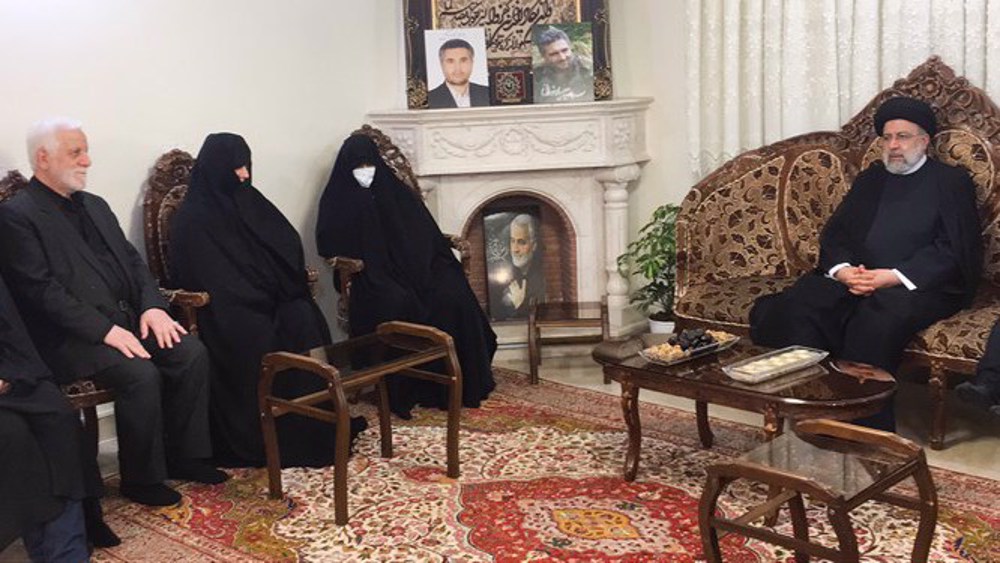


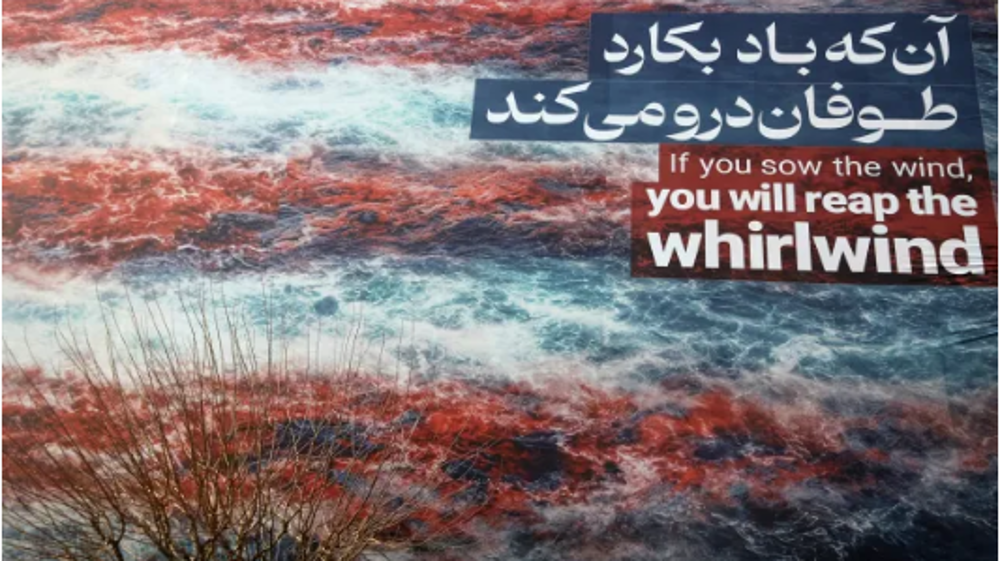



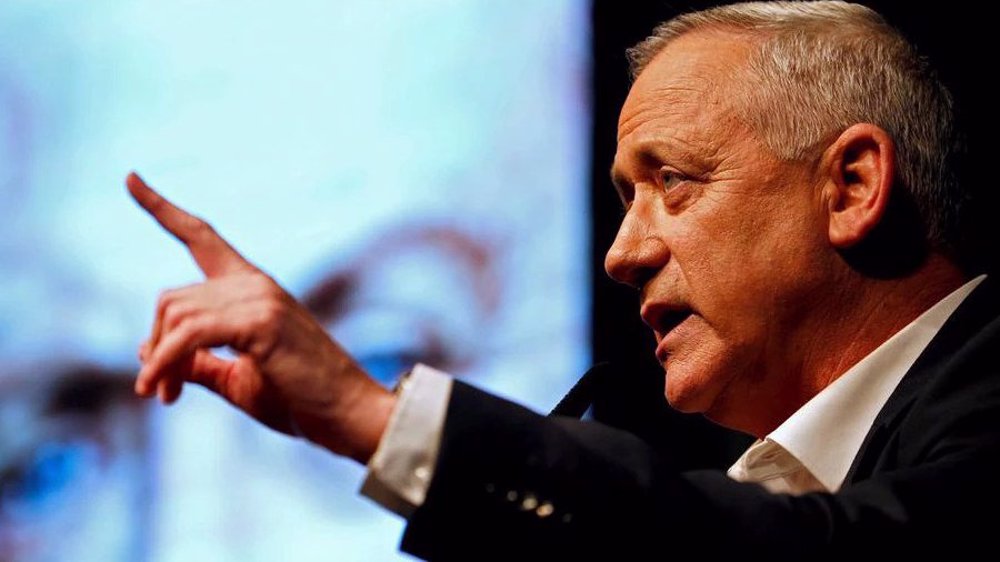
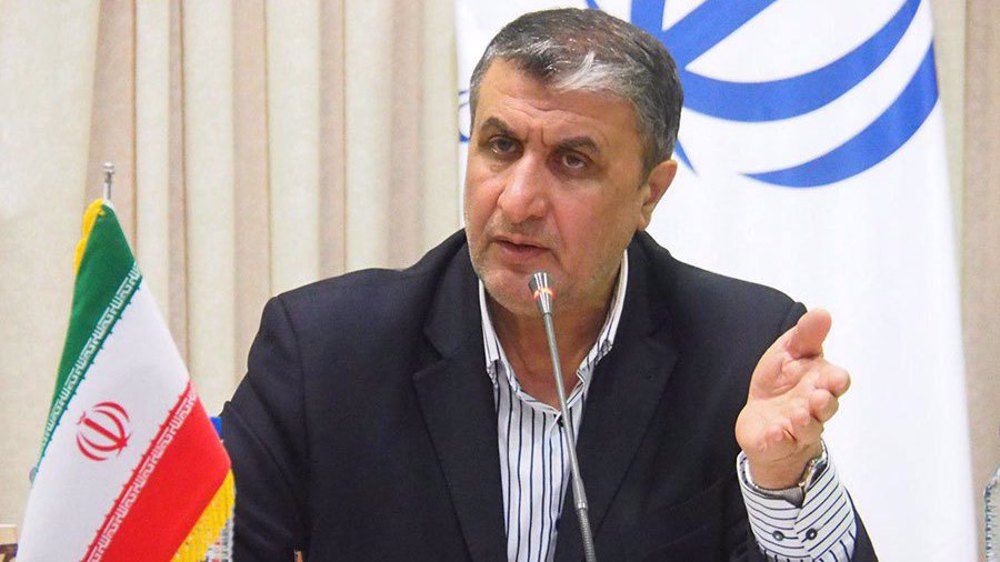
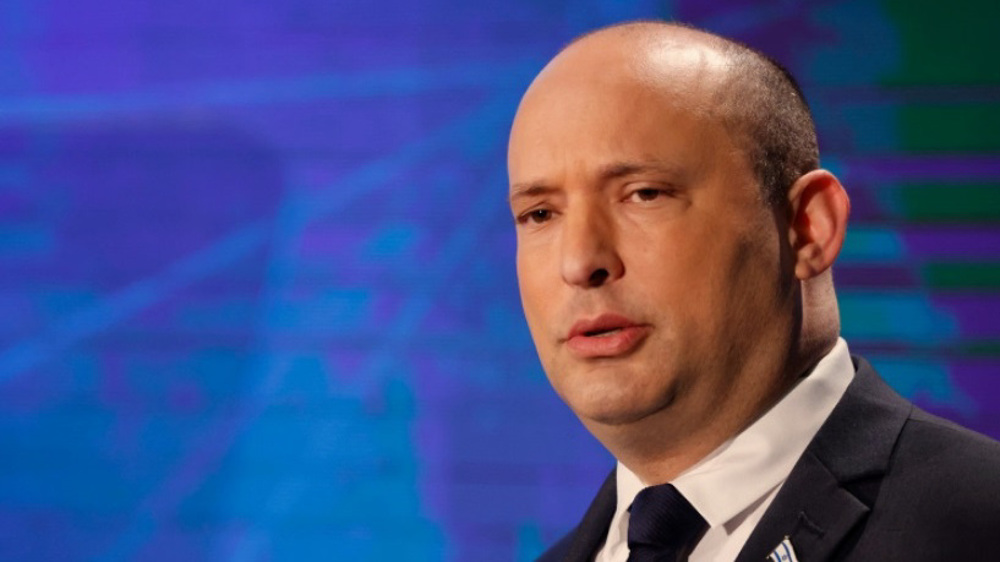

 This makes it easy to access the Press TV website
This makes it easy to access the Press TV website